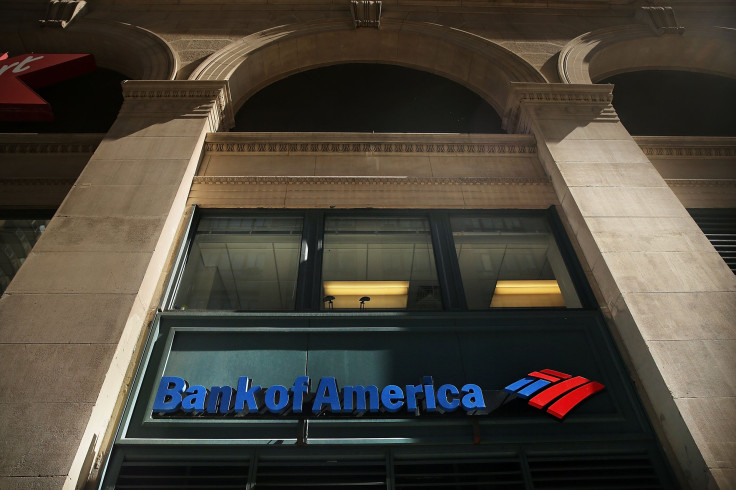Six Major US Banks Urge Global Leaders To Adopt Climate Change Agreement

Six major U.S. banks are urging world leaders to adopt a strong agreement to slash carbon emissions and tackle climate change. The coalition warned in a letter Monday that warming global temperatures and related effects, including sea level rise and severe drought, threaten to upend the global economy and jeopardize future prosperity.
Their message targeted the heads of state and diplomats gathered in New York Monday for the 70th session of the United Nations General Assembly. Climate change is one of the top subjects on the agenda, along with Syria’s civil war, the refugee crisis and the Iran nuclear accord. The U.N. is spearheading negotiations to forge a 195-country climate accord in Paris this December.
Bank of America, Citi, Goldman Sachs, JPMorgan Chase, Morgan Stanley and Wells Fargo called on negotiators to adopt policies that “recognize the cost of carbon” and help “provide greater market certainty, accelerate investment, drive innovation in low carbon energy, and create jobs,” according to the letter published by Ceres, a sustainability advocacy organization.
The banks noted that investments in global energy, water, transportation and urban infrastructure systems are projected to total $90 trillion over the next 15 years -- a sum that could include funding for low-carbon alternatives given the right policy signals, according to a 2014 report by the Global Commission on the Economy and Climate, an initiative chaired by former Mexican President Felipe Calderon.
“Businesses across the spectrum are evaluating the risks and opportunities associated with a changing climate,” Mary Wenzel, head of environmental affairs at Wells Fargo, said in a statement. “Strong, long-term policy frameworks can provide the business certainty needed to accelerate innovation and investment.”
The banks’ statement did not explicitly call for a price on carbon dioxide emissions, which proponents say would make it more expensive to burn coal, oil and natural gas and encourage greater investment solar and wind power, electric vehicles, biofuels and other clean energy alternatives. But some financial leaders, including the World Bank, a U.N. financial institution, have repeatedly urged policymakers to put an outright tax on carbon emissions or adopt a cap-and-trade system. China last week announced it would launch the world’s largest cap-and-trade system to reduce emissions from its steel, cement, paper and electric power sectors.
A carbon price is “the most powerful move that a government can make in the fight against climate change and the reengineering of the economy,” Rachel Kyte, a special envoy for climate change at the World Bank, said a year ago at the 2014 Climate Week NYC, an annual forum to promote the business case for a low-carbon economy.
The U.S. banks’ letter issued Monday was timed to coincide with the ongoing 2015 Climate Week NYC.
© Copyright IBTimes 2025. All rights reserved.



















